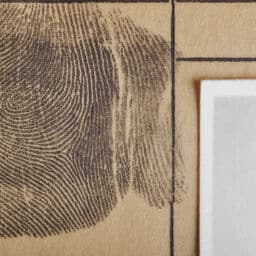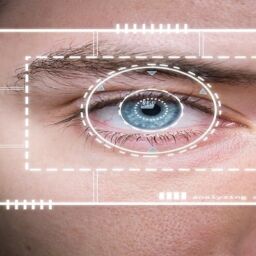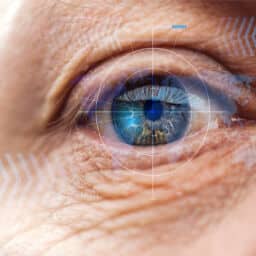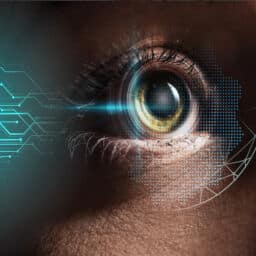Published by Crain’s Chicago Business | By Ben Winck | January 25, 2019 02:20 PM
The state’s high court said companies need to be increasingly specific about their collection of biometric info and that consumers aren’t required to prove actual harm to sue for violations of the law.
A Friday ruling in the state’s high court found that companies need to be increasingly specific about their collection of biometric information if they want to avoid consumer lawsuits.
The case, Rosenbach v. Six Flags Entertainment Corp., focused on a 14-year-old boy who was asked to scan his thumb to receive a season pass at the Gurnee location of the amusement park chain. Neither the boy nor his mother was informed of the purpose of and length of term the biometric data would be kept by Six Flags. The mother complained that the lack of information on the collection of her son’s fingerprint violated the state’s Biometric Information Privacy Act.
The Illinois Supreme Court reversed an earlier circuit court’s opinion and said consumers aren’t required to prove actual harm to sue for violations of the law. The Biometric Information Privacy Act served as a template for biometric privacy laws in other states, and the ruling might affect how such laws are drafted across the country.
Some feel the court’s decision opens the door to a wide range of biometric privacy lawsuits, with certain cases more legitimate than others. Justin Kay, a partner in Drinker Biddle & Reath, said the ruling requires companies to be superfluously public about their security policies.
“The risk is that, because the potential liability is so great, it will attract suits from every angle, even against companies that are complying,” Kay said.
The Illinois Chamber of Commerce expressed disappointment with the ruling. “We fear that today’s decision will open the floodgates for future litigation at the expense of Illinois’ commercial health,” chamber president and CEO Todd Maisch said in a statement.
Jay Edelson, CEO of Edelson PC, says the court’s ruling strengthens consumers’ ability to fight for their privacy. He added that the Supreme Court’s action will bring good settlements to victims who previously weren’t able to prove enough actual harm to sue. Future BIPA lawsuits will pressure companies to adhere to the law and exhibit a higher level of transparency around consumer privacy, Edelson said.
“The honest companies that are using biometrics properly won’t have any problem using disclosures and getting consent,” Edelson said. “If you’re doing something and you won’t tell your customers what you’re doing, you probably shouldn’t be doing it.”
The high court ruled 7-0, with Chief Justice Karmeier delivering the opinion.
FREE Consultation | 314-833-4825
Peiffer Wolf represents employees and consumers in class action lawsuits against businesses and corporations around the world that improperly utilize biometric data technologies. If your employer is collecting biometric data, you may have a case. Please contact the Employee Rights lawyers at Peiffer Wolf by filling out an Online Contact Form or by calling 314-833-4825 for a FREE Consultation.
About Peiffer Wolf
Peiffer Wolf is a nationwide litigation law firm that represents individuals and entities that have been the victims of negligence, fraud or the misconduct of powerful interests. We are smart, experienced, and dedicated professionals who work tirelessly for our clients and take pride in the pursuit of justice on their behalf. Too often the powerful interests in our society run over the rights of ordinary people. We do our best to restore that balance.
















